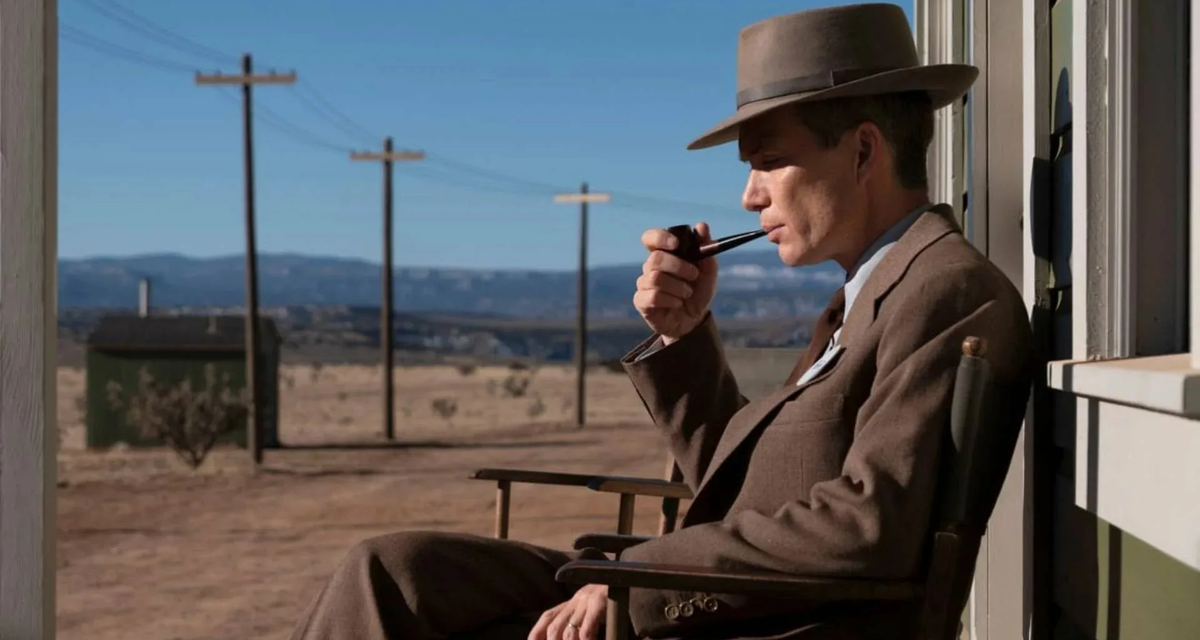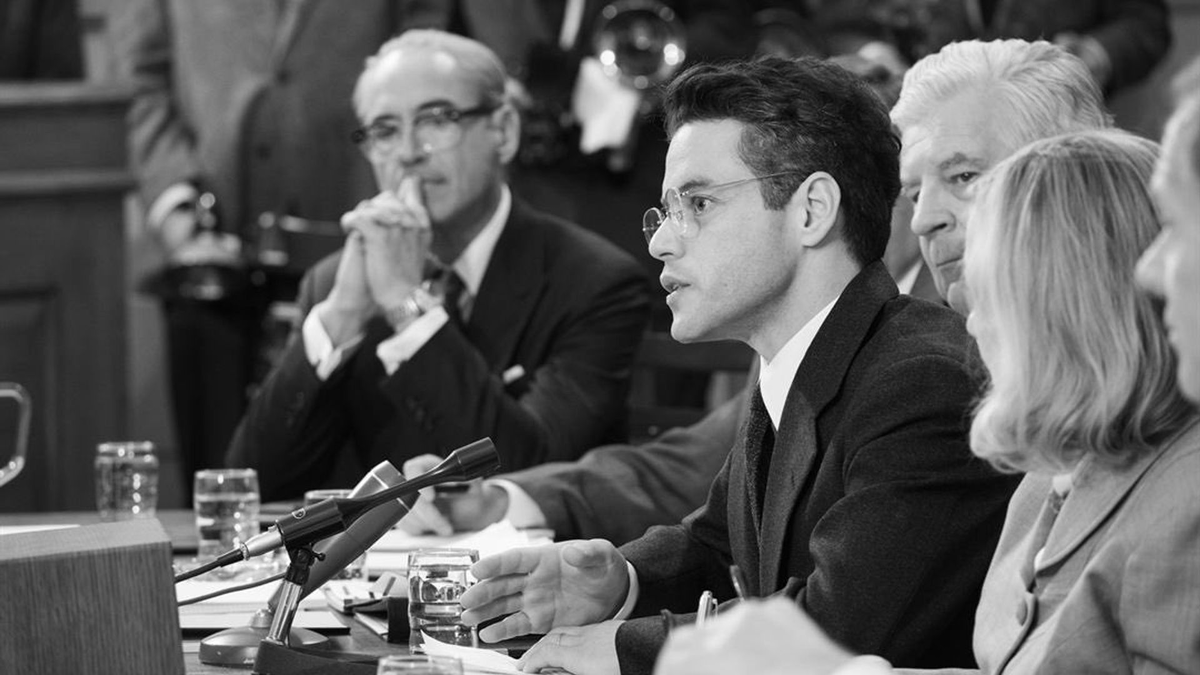
What to watch #29? The movie Oppenheimer

Oppenheimer is a historical drama directed and written by Christopher Nolan. The movie tells about the life and work of one of the most prominent physicists of the 20th century – J. Robert Oppenheimer, known as the father of the atomic bomb . The plot focuses on Oppenheimer’s personal and professional trials, his scientific achievements and the moral dilemmas he faced during his work on the Manhattan Project.

The movie is set in the 1930s when Oppenheimer, a young and ambitious scientist, teaches physics at the University of California, Berkeley. He becomes fascinated with quantum mechanics and theoretical physics, which leads him to collaborate with the leading minds of the time. During this time, he meets Katherine Pewning, who would later become his wife. Oppenheimer’s personal life, his relationship with his wife, and his numerous affairs add drama to his biography.
With the outbreak of World War II and the realization of the growing threat from Nazi Germany, work begins in the United States to develop nuclear weapons. Oppenheimer becomes a key figure in the Manhattan Project, a secret program to develop an atomic bomb. The project is headed by General Leslie Groves, who believes in Oppenheimer’s scientific genius and his ability to bring together a team of outstanding scientists.

The bulk of the movie focuses on this particular period. We see Oppenheimer and his team working in Los Alamos, New Mexico, at the limits of human capacity to create a weapon that could change the course of war and human history. Against the backdrop of this intense work, moral and ethical questions arise. Oppenheimer and his colleagues realize that their invention has the potential to cause unprecedented destruction and death. This realization causes him deep inner conflicts.
The movie culminates with the test of the first atomic bomb in July 1945, known as Trinity . The success of the test leads to the use of atomic bombs in Hiroshima and Nagasaki, ending the war but causing massive loss of life and destruction. Oppenheimer has conflicting feelings – pride in the scientific achievement and deep regret for the catastrophic consequences.
After the war, Oppenheimer becomes a public figure, advocating international nuclear arms control and warning of the dangers of the nuclear race. However, in the Cold War, his views and past political affiliations are criticized. In 1954, amid anti-Communist hysteria, he undergoes a humiliating hearing that strips him of his security clearance and deals a serious blow to his reputation.

The movie concludes with Oppenheimer’s reflections on his contributions to science and the implications of his work. He remains a complex and controversial figure, a genius who changed the world but paid a high personal price. Oppenheimer shows how science and politics are intertwined, affecting the fate of individuals and humanity as a whole, and raises important questions about the responsibility of scientists for their discoveries.
Wir im Telegram: https://t.me/kinobombs




































